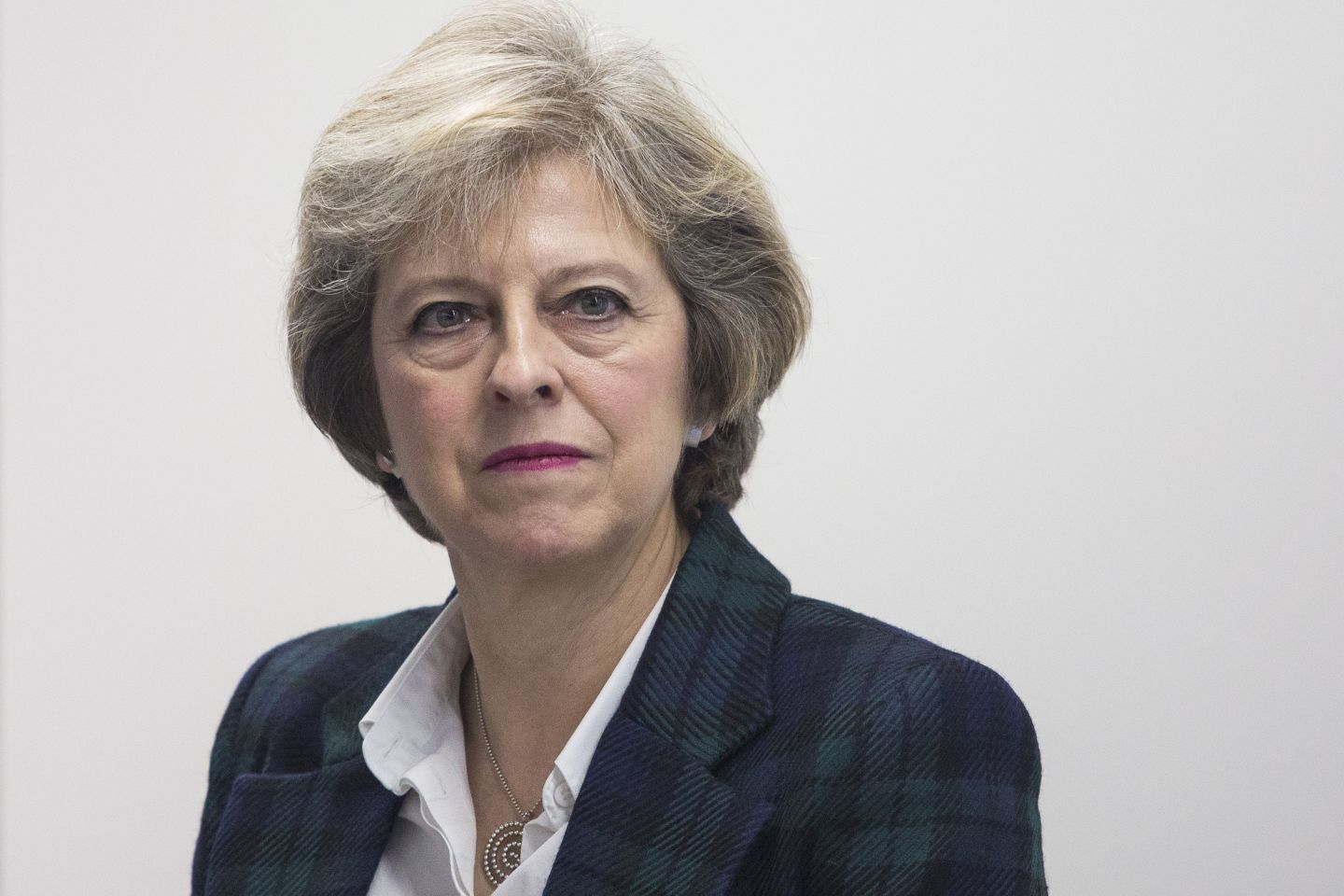For the liberal metropolitan elites who forecast immediate doom and destruction, it’s just adding insult to injury.
The British economy is still refusing to collapse, despite the increasing disarray in government over the Brexit process and rising signs of trouble further down the road.
The country’s jobless rate hit an 11-year low of 4.8% in the three months through September (i.e., the three months immediately following the U.K.’s decision to leave the EU in June.), while the number of people in work remained at a record high of 31.8 million. That’s according to figures released Wednesday by the Office for National Statistics.
The figures come only a day after the ONS said the annual rate of inflation fell back to 0.9% in October, below the 1.1% predicted by economists.
To many people, this is a bit like the part in the old “Road Runner” cartoons where Wile E. Coyote walks off a cliff but fails to notice at first. Bank of England Governor Mark Carney told parliament Tuesday that he expects a sharp rise in inflation next year due to the pound’s depreciation since the Brexit vote, with inflation only falling back down to its 2% target in 2020.
The U.K. Economy grew by 0.5% in the third quarter, helped largely by the momentum that it had builtup ahead of the referendum. But keeping that performance up is looking harder and harder, as higher input prices feed through slowly into the economy. Buried among the ONS’s headline figures were clear warnings of future trouble: factory gate inflation leapt from 1.3% on the year in September to 2.1% in October (a four-year high). Prices for raw materials, the key variable input of producer prices, rose 4.6%. With wages growing at only 2.3% for the year through September, it seems only a matter of time before inflation starts to make people worse off.
That much is simple arithmetic. The bigger risks to the U.K. Economy from the Brexit process remain hard to quantify. Business is growing increasingly frustrated at the government’s inability to spell out exactly what kind of relations it wants with the EU in future.
Earlier this week a leaked memo, seemingly from consulting firm Deloitte, to the government of Prime Minister Theresa May, argued that there was still a total lack of clarity about its strategy even five months after the vote. Deloitte warned that the government may need to hire another 30,000 bureaucrats to deal with Brexit-related issues (the European Commission in Brussels has 33,000, for context).
The impression of disarray was further underlined Tuesday as Dutch Finance Minister Jeroen Dijsselbloem flatly contradicted claims by Foreign Secretary Boris Johnson that the U.K. Could continue to trade freely with the EU’s Single Market without accepting its obligations, such as budget contributions and the jurisdiction of the EU courts.
Johnson is “saying things that are intellectually impossible, politically unavailable, so I think he’s not offering the British people a fair view of what is available and what can be achieved in these negotiations,” Dijsselbloem said.
In the same vein, German Chancellor Angela Merkel said in uncharacteristically tough terms in a speech Tuesday that Britain couldn’t hope to stop EU citizens migrating to the U.K.–freedom of movement is enshrined in Article 3 of the EU Treaty–and still expect the privileges of membership of the Single Market. Those words, which dominated German coverage of the speech, went unreported by pro-Brexit British media, who focused on comments about limiting migrants’ access to welfare benefits.
There is no sign of the U.K. Public resolving these contradictions any time soon. A poll published Wednesday by the National Center for Social Research showed 85% in favor of limiting immigration from the EU, while over 90% wanted to stay in the Single Market.
CORRECTION: This article has been updated to correct the number of employees of the EU Commission.






